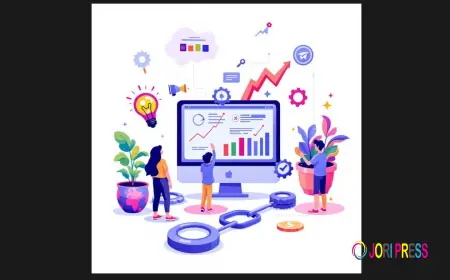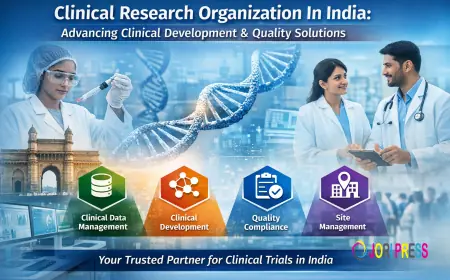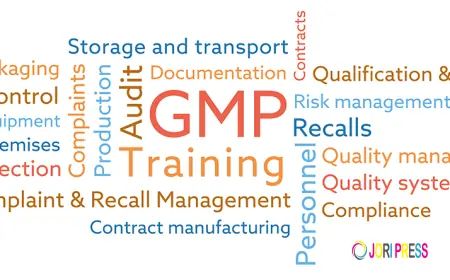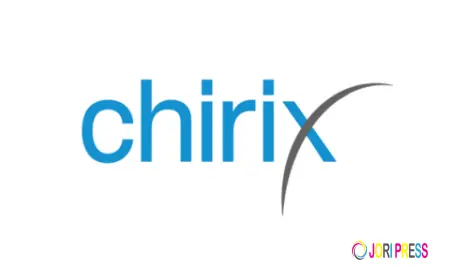Achieving Business Excellence Through CMMI Appraisal: A Strategic Advantage for Modern Enterprises
In today's highly competitive and quality-driven market, businesses are under constant pressure to deliver consistent value, minimize risks, and enhance operational efficiency. The Capability Maturity Model Integration (CMMI) Appraisal has emerged as a powerful framework that empowers organizations to evaluate and improve their process maturity, drive innovation, and ensure continuous improvement across departments. From IT to engineering, healthcare to defense, CMMI provides structured guidance to help organizations move from ad-hoc practices to well-defined, repeatable, and optimized processes.
What Is CMMI?
The Capability Maturity Model Integration (CMMI) is a globally recognized performance improvement framework developed by the CMMI Institute (now a part of ISACA). It offers a set of best practices that guide organizations in improving processes, enhancing quality, and increasing productivity. CMMI is not just a certification—it is a methodology that aligns business objectives with process improvements, driving measurable results.
CMMI can be applied across various domains, including product development, service delivery, and supplier management. The model is divided into maturity levels (from Level 1 to Level 5), each representing a step toward increased capability and performance maturity.
What Is a CMMI Appraisal?
A CMMI Appraisal is a formal assessment of an organization's processes against the CMMI framework. Conducted by certified Lead Appraisers, this process determines the organization’s maturity level and identifies strengths and areas for improvement.
There are several types of appraisals, but the Standard CMMI Appraisal Method for Process Improvement (SCAMPI-A) is the most common and is required for official certification. The outcome helps organizations understand how their current practices align with the model and what steps are needed to advance.
Why Pursue CMMI Appraisal?
1. Process Optimization
CMMI Appraisal allows businesses to streamline workflows, reduce redundancies, and ensure consistent delivery. This results in lower costs, fewer errors, and improved turnaround times.
2. Increased Stakeholder Confidence
Achieving a CMMI maturity level demonstrates a commitment to excellence and continuous improvement. It increases credibility among clients, investors, and stakeholders, especially in industries where quality and reliability are paramount.
3. Better Risk Management
CMMI focuses on identifying, managing, and mitigating risks early in the project lifecycle. A well-implemented process helps reduce the chance of failure and increases the success rate of projects.
4. Enhanced Quality
By institutionalizing best practices, CMMI ensures products and services meet or exceed expectations. Quality becomes built-in rather than an afterthought.
5. Global Recognition
CMMI-certified organizations are recognized globally as mature and reliable business partners. This opens the door to new opportunities, especially in government and defense contracts that mandate CMMI compliance.
The Appraisal Process: Step-by-Step
-
Preparation Phase
-
Conduct a gap analysis to assess current process maturity.
-
Train staff and build awareness of CMMI principles.
-
Establish an internal team to lead documentation and readiness efforts.
-
-
Pre-Appraisal (SCAMPI B/C)
-
An informal review to determine how ready the organization is for formal appraisal.
-
Helps identify critical gaps and allows for corrective actions.
-
-
Formal Appraisal (SCAMPI A)
-
Conducted by a Certified Lead Appraiser.
-
Includes documentation review, staff interviews, and process evaluations.
-
The result determines the organization’s maturity level (1–5) or capability levels for continuous representation.
-
-
Post-Appraisal Activities
-
Receive an Appraisal Disclosure Statement (ADS) with results.
-
Use insights from the appraisal to implement further improvements.
-
Publicize certification (if maturity level 2+ is achieved).
-
Common Challenges and How to Overcome Them
-
Lack of Buy-In: Appraisals require cross-functional involvement. Gain leadership support and educate teams on the value of CMMI.
-
Resource Constraints: Prepare for time and cost investments. Plan ahead and assign a dedicated internal CMMI team.
-
Documentation Overload: Balance documentation with execution. Focus on process effectiveness, not just paperwork.
-
Resistance to Change: Change management strategies are essential. Encourage feedback and involve teams in continuous improvement.
CMMI for Startups and SMEs
Contrary to popular belief, CMMI is not only for large enterprises. Startups and SMEs can greatly benefit by adopting CMMI practices early. Doing so lays a foundation for scalable, repeatable processes and positions the business for long-term success. With flexible implementation strategies, even small teams can embrace CMMI at an appropriate scale.
Conclusion
A CMMI Appraisal is more than a milestone—it's a strategic investment in your organization’s future. It delivers tangible benefits by enhancing process maturity, quality, and business agility. In a world where operational excellence defines competitive edge, CMMI provides a clear path to structured growth, better risk management, and sustained performance.
What's Your Reaction?
 Like
0
Like
0
 Dislike
0
Dislike
0
 Love
0
Love
0
 Funny
0
Funny
0
 Angry
0
Angry
0
 Sad
0
Sad
0
 Wow
0
Wow
0

















































